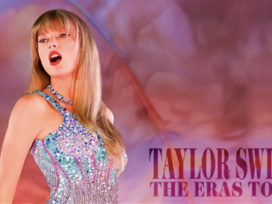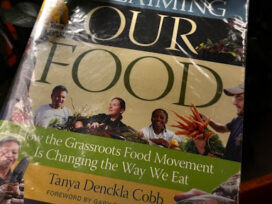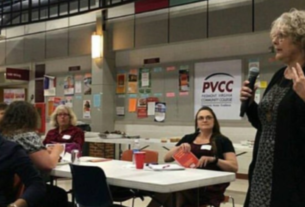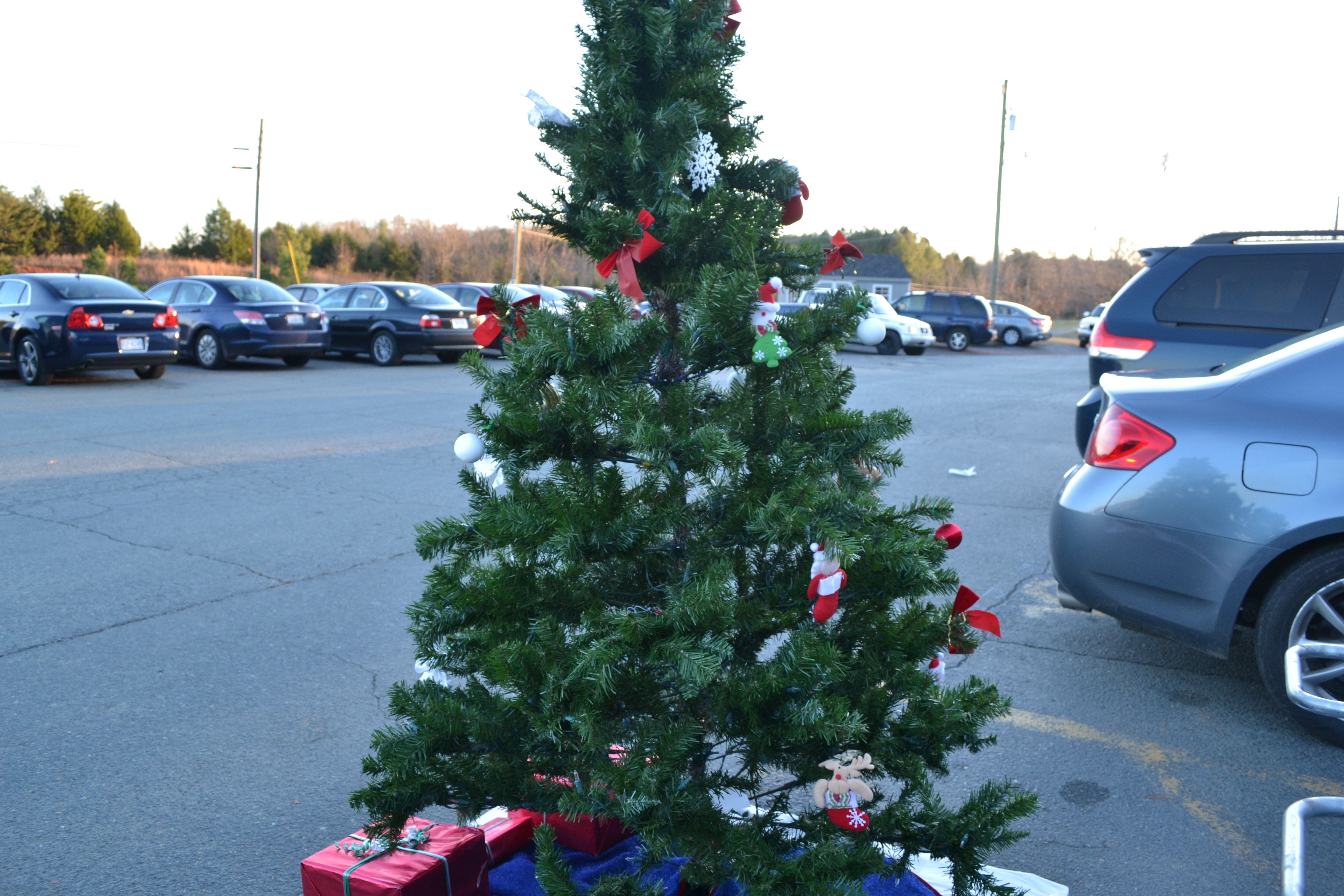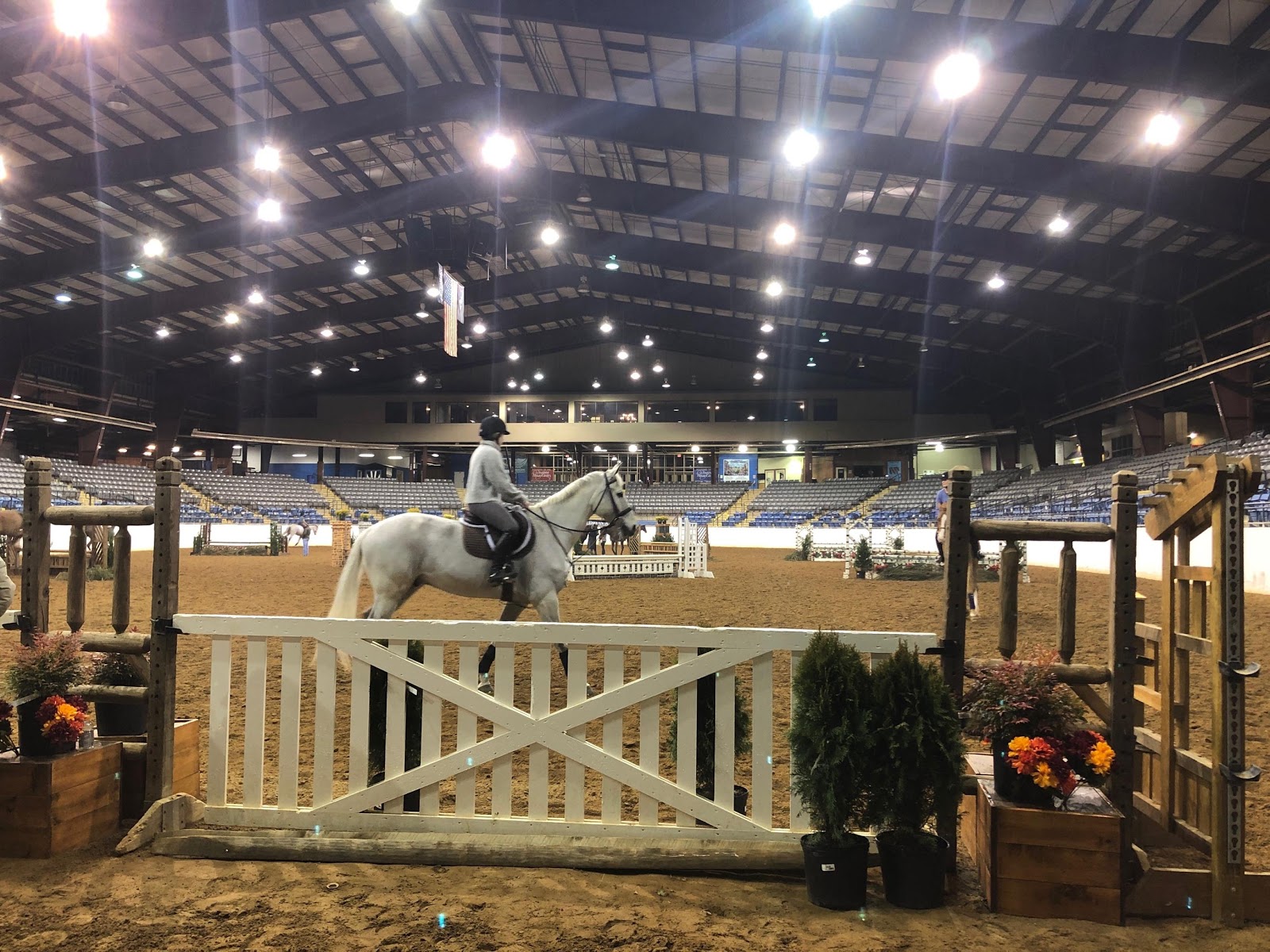
Virginia Horse Show Season Kicks Off
Callan Shore, assistant editor
It is 5 a.m., and the pitch-black air carries a tense energy, but the barn is already bustling with action. Little girls in braids shake their ponies awake, and trainers begin the feeding process. This is life on the A-rated horse show circuit.
Horse shows require hard work and commitment, but trainer Will Brown said, “Until you’re relying on this sport for a living, you don’t have to be perfect; it is okay to make mistakes.”
Under the United States Equestrian Federation, horse shows range from C-rated to A-rated. C-rated shows are often known as local shows and are the least competitive, whereas A-rated shows have higher stakes.
The horse show season typically begins around February and ends in August, but there are shows scattered throughout the off-season as well. The Lexington Spring Welcome Show at the Virginia Horse Center kicks of the Virginia show season every year. This year, the show took place March 1-4.
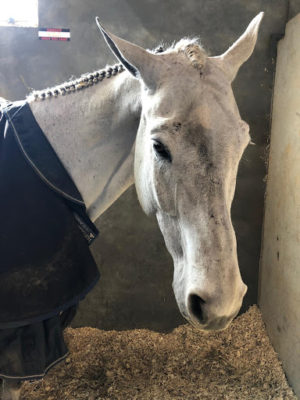
A typical day at an A-rated show, such as Lexington, begins with schooling. To school means to exercise a horse prior to showing them and is a necessary exercise for all competitors. However, the window of time to school before the show begins is very small, which results in the schooling ring being crowded. Horses pin their ears back as they pass each other, and riders yell “heads up” as they fly over jumps. After schooling, riders typically untack their horses and spray their saddle area with alcohol to dry the sweat.
The Lexington showgrounds are complete with eight barns, 600 acres, nine show rings, and a coliseum that seats 4,000.
The riders who jump three foot three inches or higher compete in the coliseum. For a team who have never showed under the bright lights and vaulted ceilings of the coliseum before, it can be intimidating.
Anxiety when showing is a common obstacle for riders, especially because horses are receptive and can reciprocate human feelings. “Competing every weekend, working hard every day and perhaps sacrificing a social life can result in you becoming obsessed about reaching a certain place or achieving certain results. You get caught up in every day work and forget why you started riding in the first place,” said Annette Paterakis in an article on noellefloyd.com.
In order to find out about upcoming shows and events at the Virginia Horse Center, visit https://vahorsecenter.org/.

